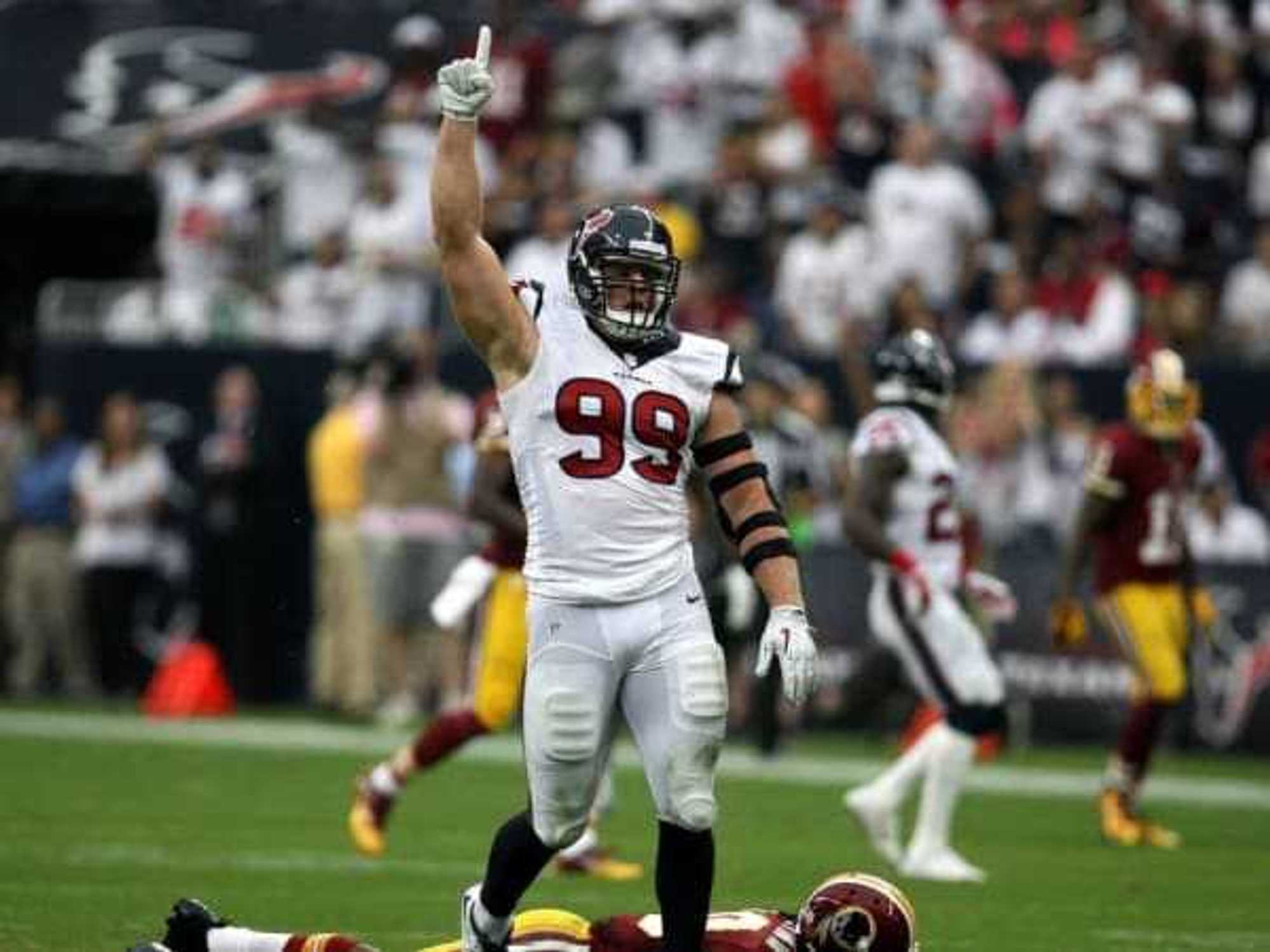Beyond the Boxscore
10 things you don't know about new Houston Astros owner Jim Crane
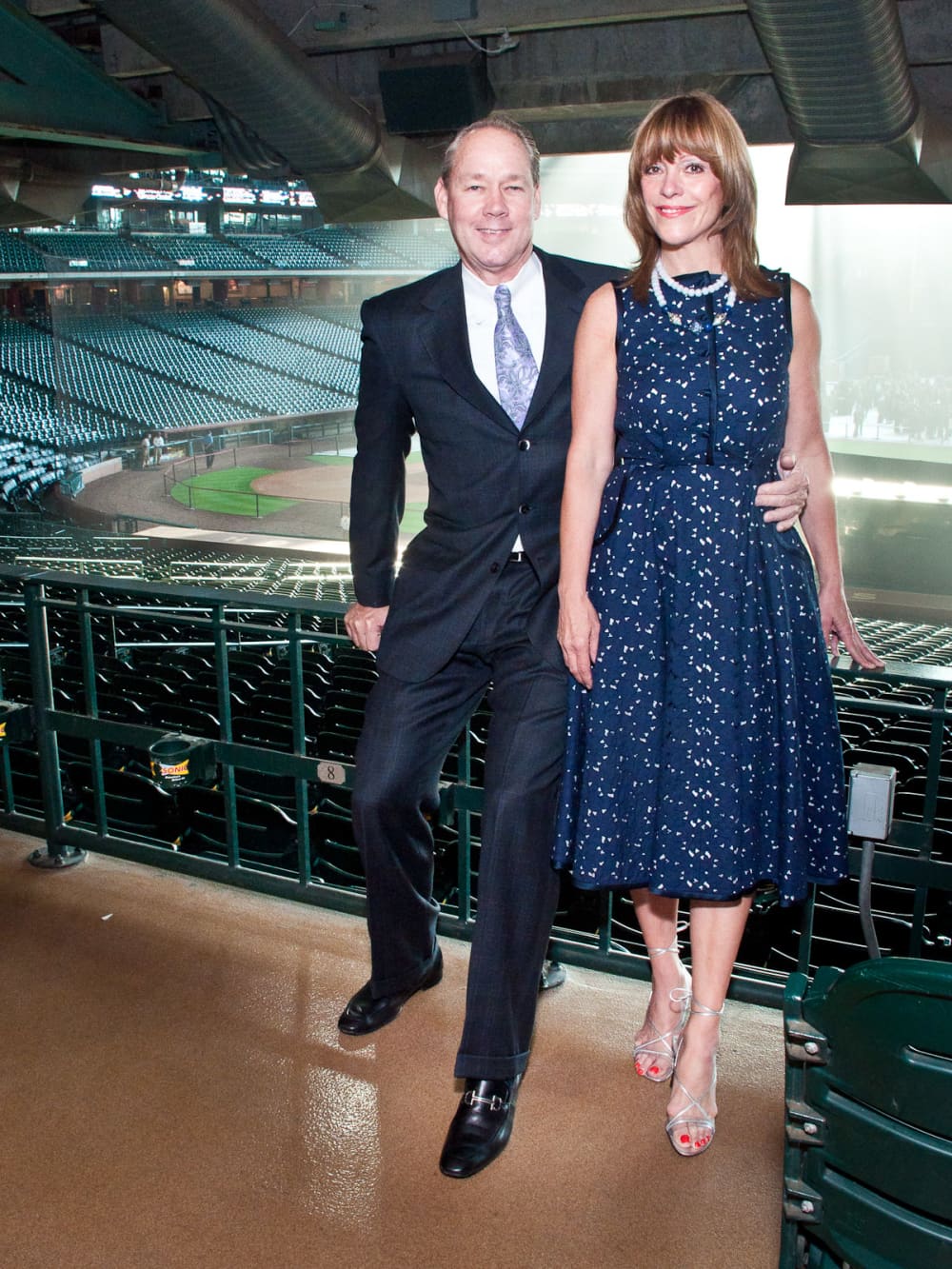 Jim and Franci Crane at Minute Maid ParkPhoto by © Michelle Watson/CatchlightGroup.com
Jim and Franci Crane at Minute Maid ParkPhoto by © Michelle Watson/CatchlightGroup.com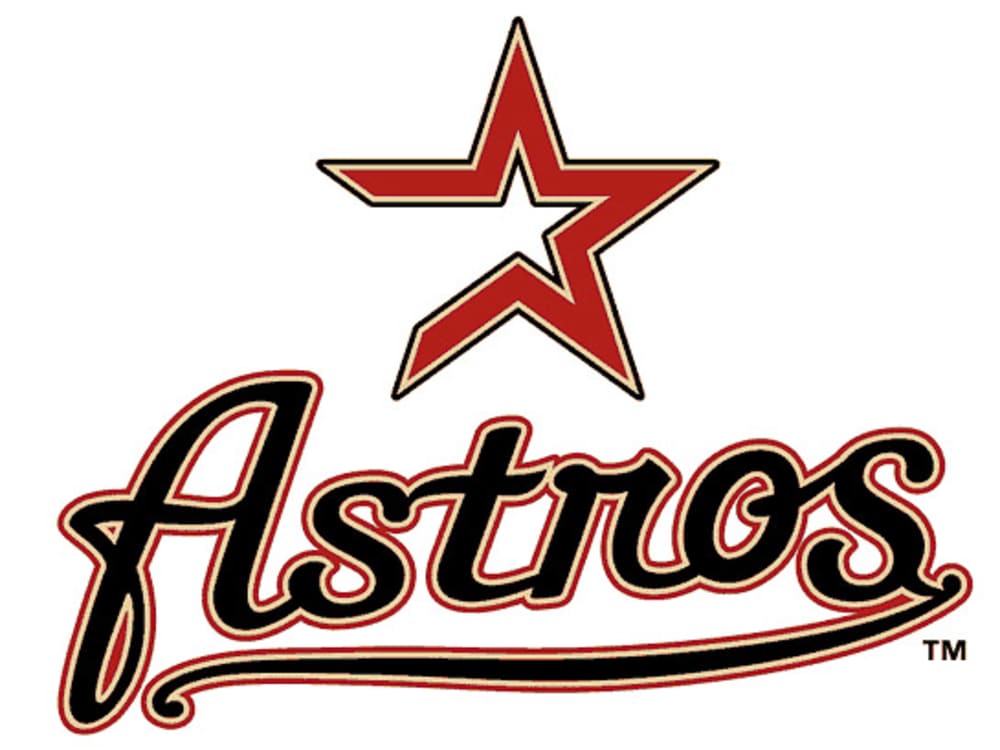
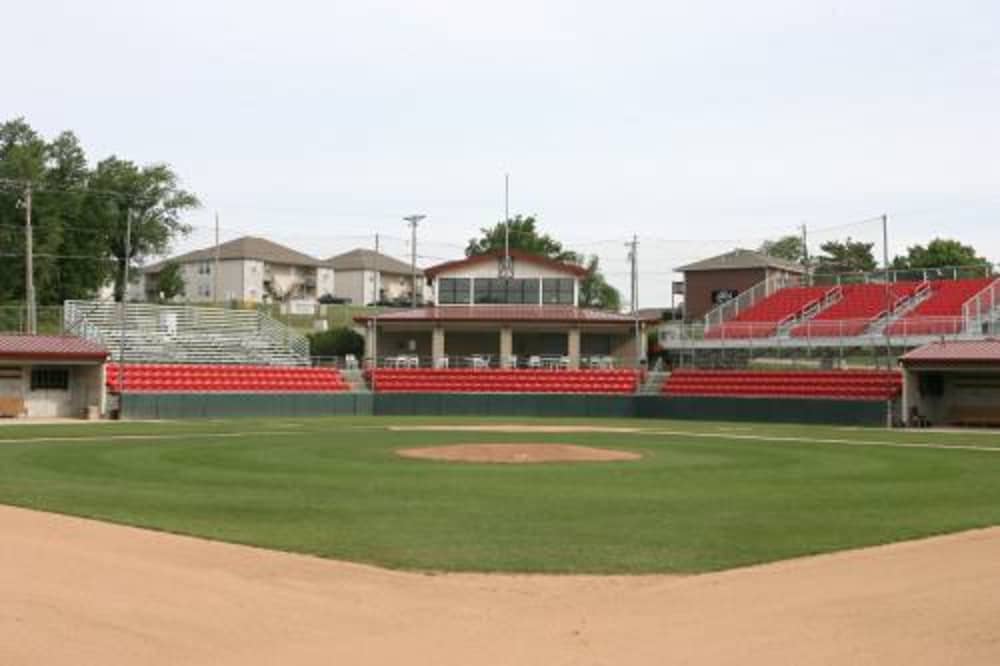 Jim Crane donated most of the $1.2 million for the stadium at the University ofCentral Missouri that now bears his and his beloved coach's names.
Jim Crane donated most of the $1.2 million for the stadium at the University ofCentral Missouri that now bears his and his beloved coach's names.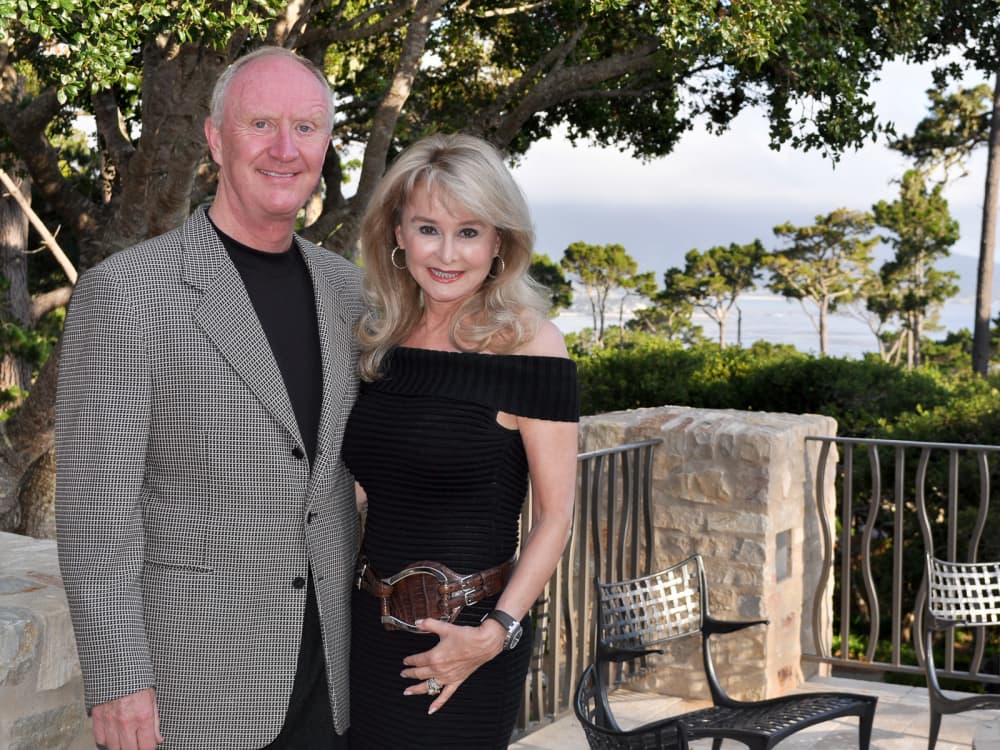 Close Crane friends like Frank Hevrdejs (pictured here with his wife Michelle)are extremely loyal.Photo by Shelby Hodge
Close Crane friends like Frank Hevrdejs (pictured here with his wife Michelle)are extremely loyal.Photo by Shelby Hodge Jim Crane was rated the nation's best CEO golfer by Golf Digest.
Jim Crane was rated the nation's best CEO golfer by Golf Digest. Speaking of loyalty, Crane is a proud Mule. And former ace pitcher.
Speaking of loyalty, Crane is a proud Mule. And former ace pitcher.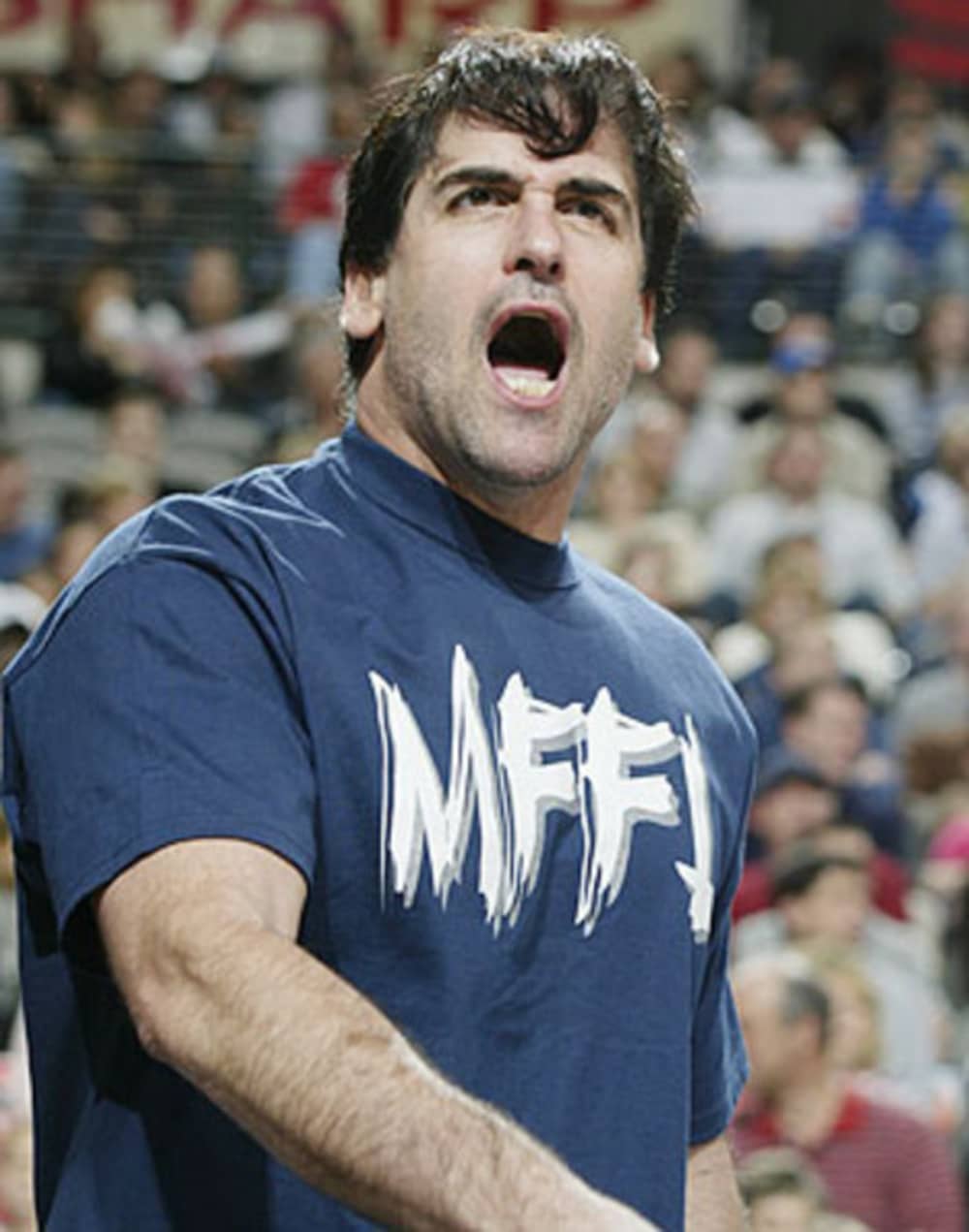 Jim Crane came close to buying the Rangers with Mark Cuban.
Jim Crane came close to buying the Rangers with Mark Cuban.
Jim Crane is set to become the new owner of the Houston Astros — and the parties involved might even get around to officially announcing it someday.
Current Astros owner Drayton McLane confirmed what's been largely known for weeks Friday, telling reporters at the Pink in the Park charity event at Minute Maid Park that he has an agreement in place to sell the team to Crane. McLane says he expects that the deal will be announced by the middle of next week, which would start the official transfer of the team to Crane and get Major League Baseball's approval process rolling.
It's expected to take a month to six weeks after that announcement for ownership of the team to officially transfer to Crane and his partners in the deal — and there are some high-powered partners — as MLB must approve the deal and the new owners. McLane — "Uncle Drayton" as he's sometimes affectionately, and sometimes derisively, called by fans — has had the final say on Astros' matters for 19 seasons, becoming more of a fixture in Houston sports than most of the town's stadiums.
Everyone has an opinion on McLane. But even many longtime Houstonians don't have much of a read on Jim Crane. Though Crane first moved to Houston in 1982 and built several fortunes here, he doesn't even have a Wikipedia page dedicated to him.
So who is this man of (relative) mystery? Here are 10 things you probably don't know about the soon-to-be new owner of the Houston Astros:
1). Crane actually played the game. At a relatively high level too. No, Crane wasn't close to a Major Leaguer. But Crane was a Division II baseball star at the University of Central Missouri (enrollment 9,088) in the 1970s. He was an honorable mention Division II All-American as a pitcher, going 21-8 with a 2.42 ERA for UCM.
This isn't someone who started loving baseball after he became rich — and capable of putting together a group with the cash and credentials to join MLB's ultra-profitable owner's club.
Crane is still a proud Mule (UCM's mascot), who is certainly aware that Bill Clinton said of his school, "This campus is a place that is creating the possibilities of the future" at a commencement address earlier this month. Clinton probably wasn't talking about the future of the Astros, but it certainly applies.
2). He's the best CEO golfer in the country. There are a ton of high-powered CEOs who love golf — and many of these ultra-competitive souls get quite good at it. But none are quite as good as Crane.
Crane ranked No. 1 in Golf Digest's rankings of the nation's top CEO golfers in 2006 with a 0.8 handicap index (2006 was one of the last times that Golf Digest did the once-regular CEO rankings as executives grew wary of being associated with playing a lot of golf).
At the time of the ranking, Crane revealed that he always kept a set of golf clubs on his private jet.
3). Crane is friends with Tiger Woods' old coach. Celebrity swing coach Butch Harmon may have had a famous falling out with Tiger Woods. But the long-standing friendship of Crane and Harmon is going strong.
After Crane bought the Floridian National Golf Club for $25.6 million from former Dolphins and Marlins owner H. Wayne Huizenga last year, he brought in Harmon to open one of his signature learning centers and teach at the club.
"I've known Jim forever," Harmon said in a press release announcing the deal. "I enjoy the Floridian. I think it's a cool place. I really like what he's trying to do and I'm proud to be part of it. I'm looking forward to spending time there."
4). He came to Houston pulling all his possessions in a U-Haul trailer. Like many Houstonians, Crane is a transplant who followed opportunity to the Bayou City. And he did it traveling in a much different manner than he does these days, driving from Kansas City with that trailer.
5). He sold his first company for more than $300 million. When Crane started Eagle Global Logistics, it wasn't very global. In fact, it had one employee and one truck.
By the time, Crane unloaded his shares of the company it was an international freight power player with 11,000 employees that handled the needs of mammoth clients like Nike, 3M and Target around the world.
6). He has homes in Houston, Pebble Beach and Nantucket. The Pebble Beach estate gives Crane easy access to the golf he loves. The Nantucket residence (which is actually an eight-acre spread with three homes on it) is a particular favorite of Crane's wife Franci, who held memorable 50th and 60th birthday bashes there, that brought many Houstonians into the mix on the island.
7). Crane credits his former college baseball coach with saving him from dropping out of college — twice. The first time was when Crane first showed up on campus and baseball coach Robert Tompkins saw a gifted pitcher who wasn't a great student.
"You know, my grades out of high school weren't fabulous and coach made a special effort to make sure I made it through the first couple semesters," Crane says in a video he filmed for the NCAA that promotes the impact college athletics can have on its participants' lives outside of the playing field.
Crane came even closer to leaving school when tragedy struck his family with the death of his father between his freshman and sophomore year at Central Missouri. Racked with grief, Crane seriously considered staying in St. Louis (where he grew up and his family lived) and not returning to college.
Only Tompkins wasn't having any of that. He drove to St. Louis and talked the pitcher who still holds the school record for strikeouts in a game (18) back.
"Coach made a special effort to say, 'Hey, you need to get back to school and finish school,' " Crane says in the NCAA video.
8). Crane pays back his debts. The small school baseball coach who made such a difference in Crane's life died suddenly at age 55 in 1996 from a massive brain tumor.
Crane gave one of the eulogies at Tompkins' funeral. Soon after, he donated most of the $1.2 million needed to transform the University of Central Missouri's baseball facilities and the complex was renamed Jim Crane Stadium/Robert N. Tompkins field. His coach's legacy would not be forgotten.
Crane, who by every indication usually seeks to avoid interviews, even did that NCAA video which praised Tompkins.
Speaking of that bent for privacy ...
9). Crane's small circle of close friends is extremely loyal. Frank Hevrdejs, the co-founder and chairman of the Houston-based Sterling Group, has been a close friend of Crane's for years. In fact, he's one of the few names that immediately come to mind when people in the know think of Crane's confidants.
That's suddenly made Hevrdejs an extremely popular call for reporters seeking to write stories on the Astros' new owner. When Hevrdejs' assistant Kendal Rotan took a CultureMap call, she noted that Hevrdejs has received a number of interview requests about Crane and turned them all down.
No one is talking about Jim Crane until he wants them to talk.
10. Fourth time's a charm. This isn't Jim Crane's first ownership rodeo. He's tried to buy a Major League Baseball franchise at least three other times. He infamously walked away from a handshake deal with McLane to purchase the Astros in 2008, attempted to buy the Chicago Cubs and was a main player in the Mark Cuban group that chased the Texas Rangers hard.
OK, you probably knew that. But did you realize that Texas Ranger lenders say that Crane, and not the group awarded the team, made the highest bid for Rangers last summer?
No matter now. Crane's baseball dream is coming true. And he will be the unquestioned ownership face of the Astros, something he never would have experienced with Cuban involved in the Rangers.
A certain coach would no doubt be proud.
Watch Jim Crane in a video interview:
